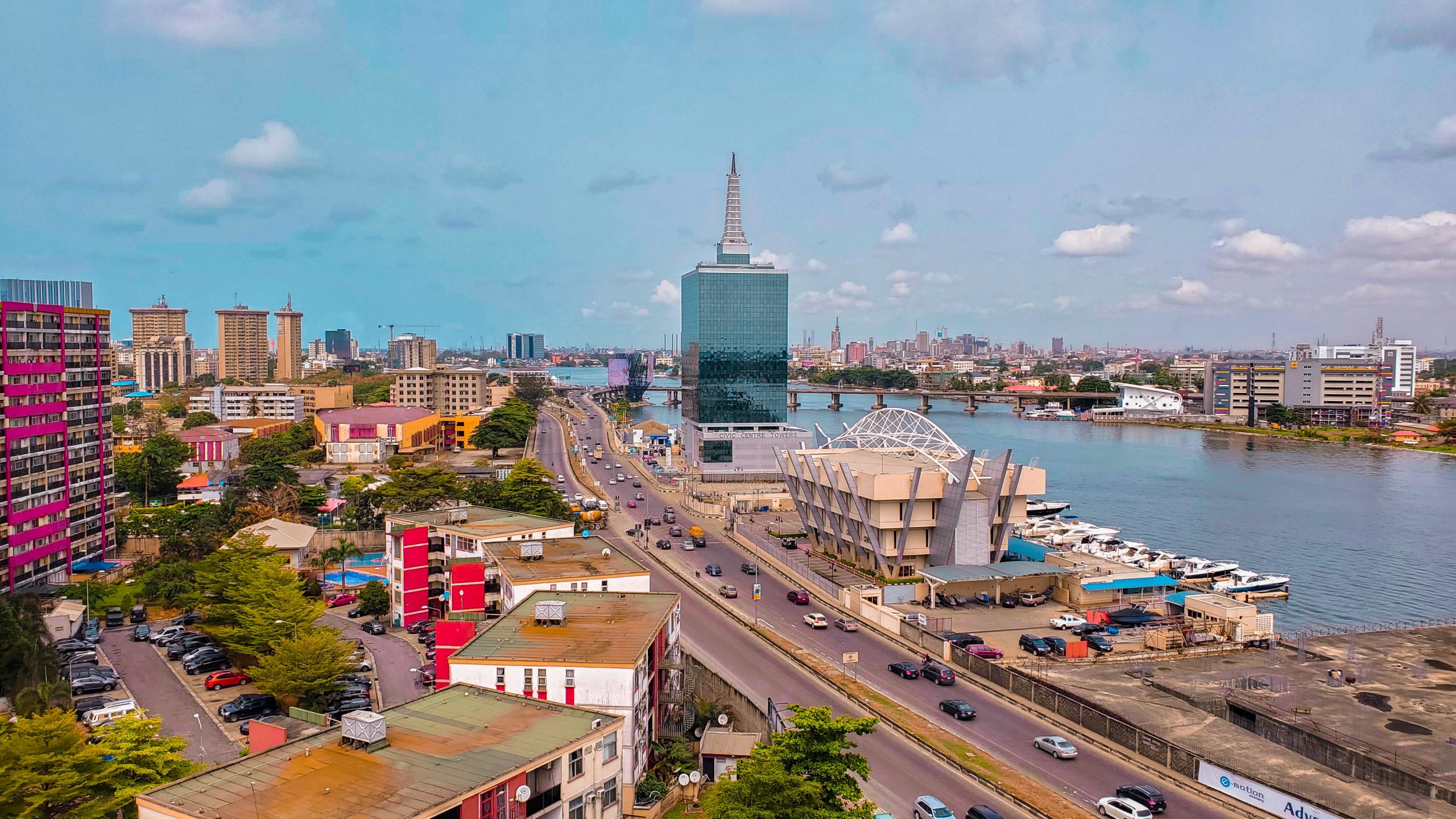FINDING THE PERFECT PROPERTY IN NIGERIA
Finding the perfect property in Nigeria can be a daunting task, with a variety of factors to consider such as location, price, infrastructure, and security. Whether you’re looking for a commercial or residential property, it’s essential to do your research to ensure that you make an informed decision. In this article, we’ll explore some of the key factors to consider when looking for the perfect property in Nigeria, as well as some tips to help you make the right choice.
However before we do that we must first ask, what constitutes “the perfect property” ?
WHAT IS THE “PERFECT PROPERTY”?
When it comes to finding the perfect property in Nigeria, what makes a property perfect for you may differ from what makes it perfect for someone else. There are various subjective factors to consider when determining what makes a property perfect for your needs, lifestyle and most importantly your overall plan.
Generally, the following factors will be influenced by your choice on a subjective level because at the end of the day, it all really boils down to what you want to do with your piece of real estate.
SIZE AND LAYOUT
The size and layout of a property can be essential in determining whether it’s perfect for you. The property’s size should be adequate to accommodate your family or business needs, whether you require a large or small space. The layout of the property should also suit your needs and preferences, such as having enough bedrooms, bathrooms, or office space.
BUDGETARY LIMITATIONS
This will influence what will amount to a perfect property for you. You should consider the property’s price, as well as any additional costs such as maintenance fees, utility bills, or taxes. The property should be within your budget to avoid any financial strain or stress. Depending on your financial situation the optimal decision on what property to invest in will vary.
Now the aforementioned factors were deemed to have the greatest influence on your purchasing decision on a subjective or more personal level, but on a wider and more general scale, the factors you will deal with are slightly different but are also influenced by the factors above
GENERAL FACTORS THAT INFLUENCE THE QUALITY OF A PROPERTY
Location
One of the most important factors to consider when looking for the perfect property in Nigeria is the location. The location of your property will affect its value, accessibility, and security. It’s essential to choose a location that is well-connected to major roads and highways, as well as public transportation. You should also consider the proximity of the property to essential amenities such as schools, hospitals, and shopping centers.
Price
Another critical factor to consider when looking for the perfect property in Nigeria is the price. The cost of property in Nigeria can vary widely depending on the location, size, and quality of the property. You should set a budget for yourself and stick to it when looking for a property to avoid overspending. It’s also important to compare prices of similar properties in the area to ensure that you’re getting a fair deal.
Infrastructure
Infrastructure is another important factor to consider when looking for the perfect property in Nigeria. Good infrastructure is essential for the comfort and convenience of residents or businesses in the area. You should consider factors such as access to clean water, electricity, and internet connectivity. You should also look out for developments in the area such as new roads, bridges, or airports, as this can increase the value of your property.
Security
Security is another crucial factor to consider when looking for the perfect property in Nigeria. You should choose a location with a low crime rate and a good security presence. You can check the security situation in the area by speaking to local residents or contacting the police. You should also ensure that the property has adequate security features such as CCTV cameras, alarm systems, and secure gates.
Tips for finding the perfect property in Nigeria
- Start your search early: Start your property search early to allow yourself enough time to find the perfect property that meets your needs.
- Use a reputable real estate agent: A reputable real estate agent can help you find the perfect property that meets your needs and budget.
- Do your research: Do your research on the property market in Nigeria to understand the trends, prices, and locations.
- Visit the property: It’s essential to visit the property in person to get a better understanding of its condition, location, and surroundings.
- Get a property inspection: A property inspection can help you identify any defects or issues with the property before you make an offer.
- Negotiate: Don’t be afraid to negotiate the price of the property to get a better deal.
Conclusion
In conclusion, finding the perfect property in Nigeria can be challenging, but with the right approach, it’s possible to find a property that meets your needs and budget. It’s essential to consider factors such as location, price, infrastructure, and security when looking for a property in Nigeria. By following the tips outlined in this article, you can make an informed decision and find the perfect property in Nigeria.
References:
- Nigeria Property Centre: https://nigeriapropertycentre.com/
- ng: https://www.propertypro.ng/
- Lamudi Nigeria: https://www.lamudi.com.ng/
- Private Property Nigeria: https://www.privateproperty.com.ng/







